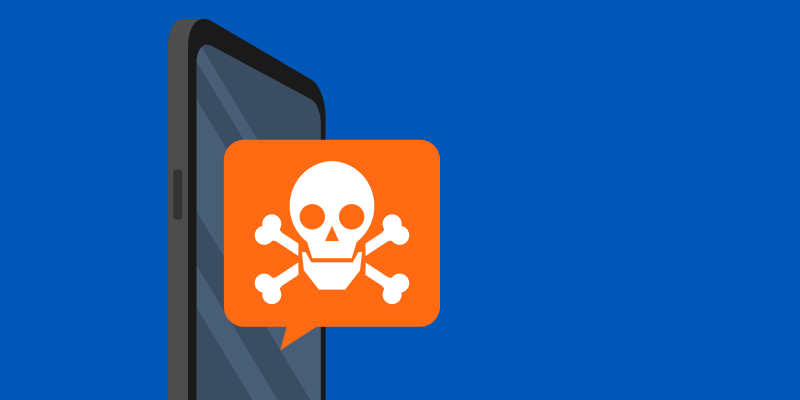In the world of law enforcement, digital forensics is a game
changer nearly as important as DNA testing.

When two 13 year old girls went missing in September 2014,
the first place detectives looked for clues was on their iPod, smartphones and
other digital devices. The digital evidence led them to the girls and they were
found in the basement of 23 year old Casey lee chin. He is now being charged
with felony criminal sexual conduct, kidnapping and solicitation of a child.
Digital forensics –
the examination of cell phones, tablets and personal electronics in criminal investigations
– is dramatically changing the way cases are worked and solved. While
technology has created new portals for predators searching for victims, it is
also leaving tell-tale trails for police.

Law enforcement say that digital forensics has become an
investigation imperative. With majority of adult’s caring a cellophane the
devices have become the one constant in many people’s lives. Your cell phone
has become everything you need throughout the day – your alarm clock, phone
line, email, social media terminal and so much more. Police use that almost
constant phone activity to verify a suspects or witness statement and provide a
log of a person movements and activities. Smartphones can even be an eyewitness
by recording a crime in progress.
Electronic devices are just a treasure trove of information.
The digital evidence is one of the first thing investigators look at because
they leave footprints all over the place – who you were talking with, where you’re
take you photos and even who you’re been tweeting.

It’s true, technology leaves a tell-tale trail for law
enforcement and digital forensic investigators.

















/cdn.vox-cdn.com/uploads/chorus_image/image/65130295/jbareham_180405_1777_facebook_0003.0.jpg)

















